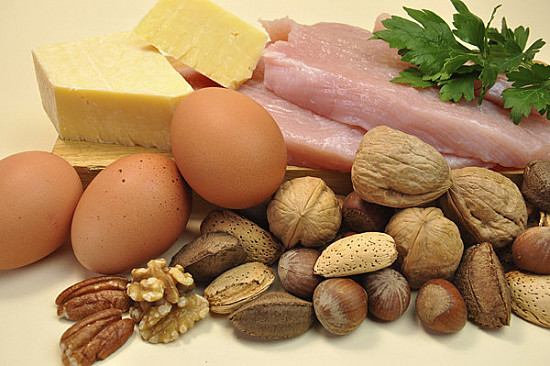Mmabjj
Level 4 Valued Member
Hey, a new research in Germany says, that a low protein intake (20 to 50 g daily) improves a human metabolism. The metabolism works faster on a carb rich, moderate fat diet. The bloodsugar and blood fats decreased signifacantly after 4 Months. Further they say, that an athlete doesnt need more than maximal 100 g protein a day. They say, you should go on maximum protein only after a hard/ long training session, because the body can safe only 100 grams of amino acids a day and they are depleted after 90 min plus sessions. That says, that a normal strength athlete doesnt need a lot of protein.
Nlanother point they say is, that its easier for the body to maintain the weight on a low protein diet.
Nlanother point they say is, that its easier for the body to maintain the weight on a low protein diet.


